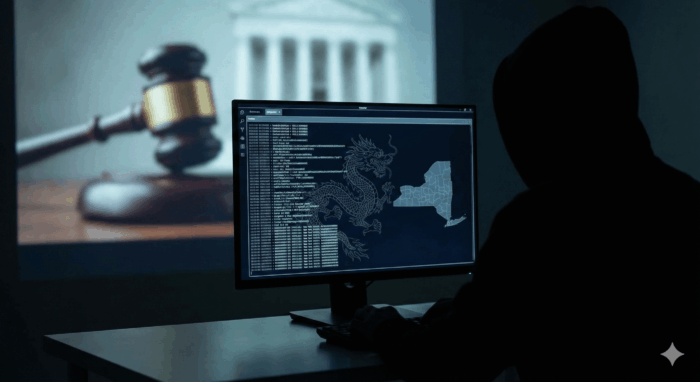The MIT Sloan School of Management is reporting on a new large-scale study on Russian disinformation in the Ukraine which examined whether some people can better identify Russian disinformation than others. The study found that people with stronger analytic reasoning skills are better at identifying disinformation. According to the report titled “Does Analytic Thinking Insulate Against Pro-Kremlin Disinformation? Evidence from Ukraine”:
February 1, 2022 As tensions increase between Russia and Ukraine, signs of this escalation are mostly plain to see, such as more than 100,000 Russian troops gathering along the Ukrainian border and both countries engaging in training exercises and appealing to allies. Yet the large amount of online propaganda and disinformation flowing into Ukraine is less visible. Nearly 40% of Russia’s disinformation campaigns target Ukraine, according to a watchdog organization affiliated with the European Union. How do Ukrainians respond to pro-Kremlin falsehoods? Are some people better able to identify disinformation than others? A new working paper by Aaron Erlich of McGill University, Calvin Garner of the University of Washington, Gordon Pennycook of the University of Regina, and MIT Sloan professor finds that Ukrainians with more analytical reasoning skills tend to be better insulated against Russian propaganda — even if they generally have pro-Russia sympathies. The outcomes provide insight about how to identify groups that are vulnerable to false news and, potentially, craft interventions that help people detect disinformation.
Read the rest here.
The report notes that as part of a larger study, the researchers interviewed nearly 11,500 Ukrainians online, and participants were asked to assess the accuracy of 16 news stories. Some of the stories were false (with pro-Kremlin slant), and others objectively true, across a range of subjects — from politics and the economy to the military and culture.
Access the full study here.









